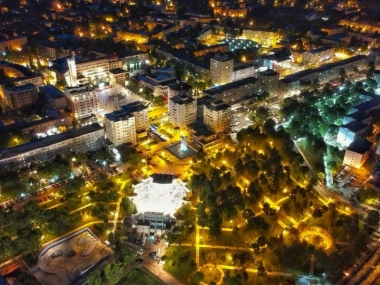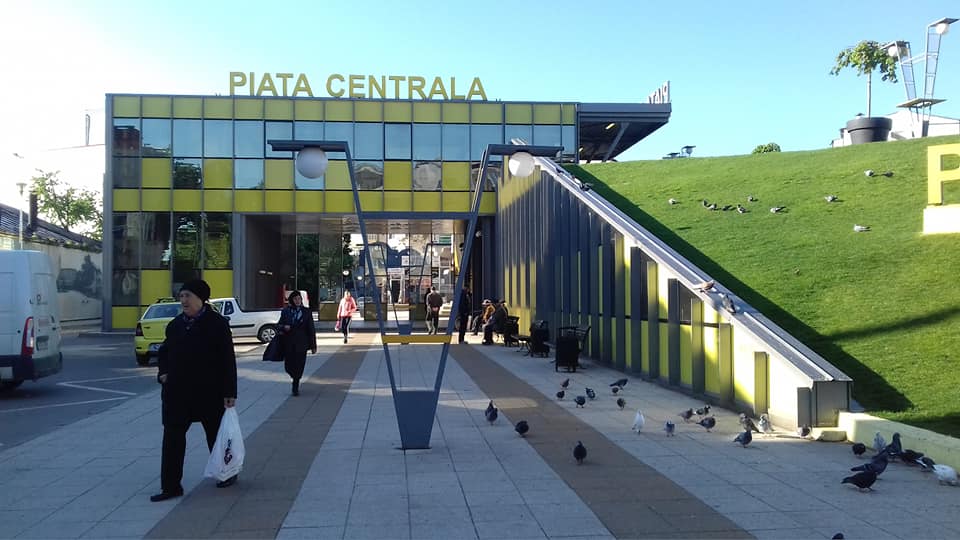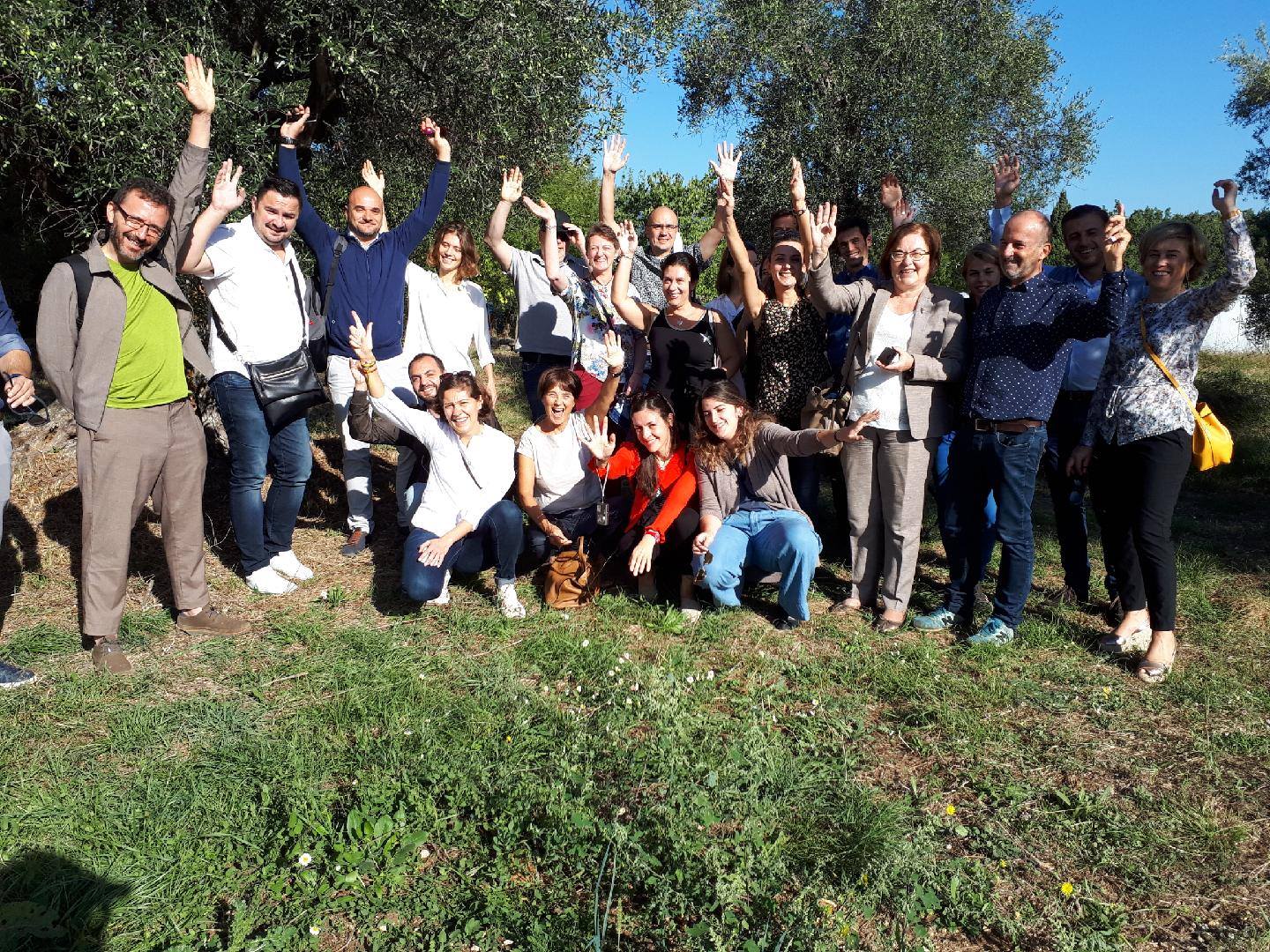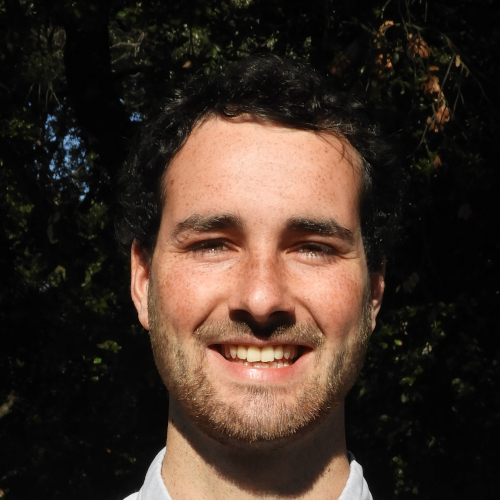Vaslui, one of the first Romanian community to introduce organic food in local nurseries
Edited on
09 August 2019Vaslui is in the Central-East side of the historical region Moldavia, in the North-East region of Romania, at 70 km from the eastern border of Romania and EU with the Republic of Moldovia.

A political commitment
Small but eager to act like a role-model for the other Romanian municipalities, Vaslui has started its journey by creating, a few years ago, a modern food hub in which local producers are encouraged to come and sell their seasonal harvests. Thus, while modernizing Traian market and building the beautiful Central market with local funds, Vaslui has become partner in URBACT "Sustainable Food in Urban Communities" network that allowed us to learn and exchange ideas with 9 other countries in order to shorten the supply chain from producers to consumers and improve the quality of food for Vaslui inhabitants.

Vaslui will be a flagship by creating a municipal farm in order to stimulate organic certified farming in the Metropolitan Pole – DemOrganic Farm.
As a continuation, Biocanteens network constitutes an opportunity for us to better understand the ways of reaching the citizens’ conscience regarding the importance of eating local organic certified products and educating themselves in this respect.
Now showing
The city is in charge with providing the infrastructure for the primary and secondary schools (50% covered by municipal budget) but the city is not responsible for the schools’ canteens which is a challenge in terms of changing food habits for pupils. Instead, the Municipality’s Social Assistance Department is responsible for social centers’ canteens, serving nearly 500 meals per day. The Social Canteen caters for 2 daycare centers for elderly people ("Bunavestire" – 56 meals per day and "St. Nicholas" - 36 meals per day), a day care center for disadvantaged school children ("Bucuria" - 15 meals per day) and meals for homeless, poor and disabled persons that cannot move from home (about 250 meals per day). Vaslui Municipality also manages 3 nurseries subordinated to the Social Assistance Department.
Another challenge for Vaslui Municipality is working with the in-force public procurement legislation, since the procedures for it are very strict and often aim at the cheapest price and not food quality. Thus, we are not currently offering certified organic products within daily menus. As a result of BioCanteens' transnational meeting in Troyan (BG), a possible strategy to improve the current situation regarding the public procurement might include identification of bio suppliers, organizing meetings with them in order to better understand their current state (what kind of products they have, capacity of production, equipment and distance) and helping them submitting strong bids, supporting producers to organize themselves in associations in order to tackle continuous flow of merchandise, avoiding unnecessary purchases, designing contracts in order to have flexibility in time, using of the weekly market mercurial, use of lots (so that producers with small capacity can bid only on what they can practically offer) or dividing products need in fresh products and processed food. Also, after meetings with local producers, we may use the opportunity to divide the products and the delivery in lots and create flexible terms contracts to allow adjustments to volume and frequency.

The low attractiveness of the “ecological agriculture” certification among the inhabitants and the local producers is a perception we would like to change. This certification takes a lot of time and money the producers may not have to allocate while population may buy ecological products from not certified neighbouring farms at lower prices than in shops.
Despite the limitations the public administration has in terms of legislation, we are planning to become a flagship for other communities in our country regarding the help we may offer for the local producers to obtain ecological certification for their production and introduce organic meals for our social services beneficiaries: children in nurseries and elderly people in day care centers. Thus, we may introduce 10% organic food in nurseries in 2020 and increase to 25% during year 2021.
The journey continues
Based on Mouans-Sartoux's (FR) good practice of providing 100% organic meals in school canteens, along with the experience gained during the transnational meetings so far, we have found inspiration for the municipal farm creation, food education in nurseries, day care centers and kindergartens. Also, transnational meetings in Torres Vedras (PT) and in Pays des Condruses (BE) were an opportunity to observe the connection they have made between agriculture, labor market and social enterprises: On the other hand, Biocanteens’ meeting that took place in Troyan (BG) allowed the municipal team to better understand how to cope with public procurement legislation in order to overcome the difficulties of offering local certified organic products to the beneficiaries.

Contacts:
Stefan Dudau, Vaslui's project coordinator stefanddudau@gmail.com
Clitemnestra-Geanina Tofan, communication officer purtatorcuvant@primariavaslui.ro
 Submitted by Nathan Begoc on
Submitted by Nathan Begoc on
